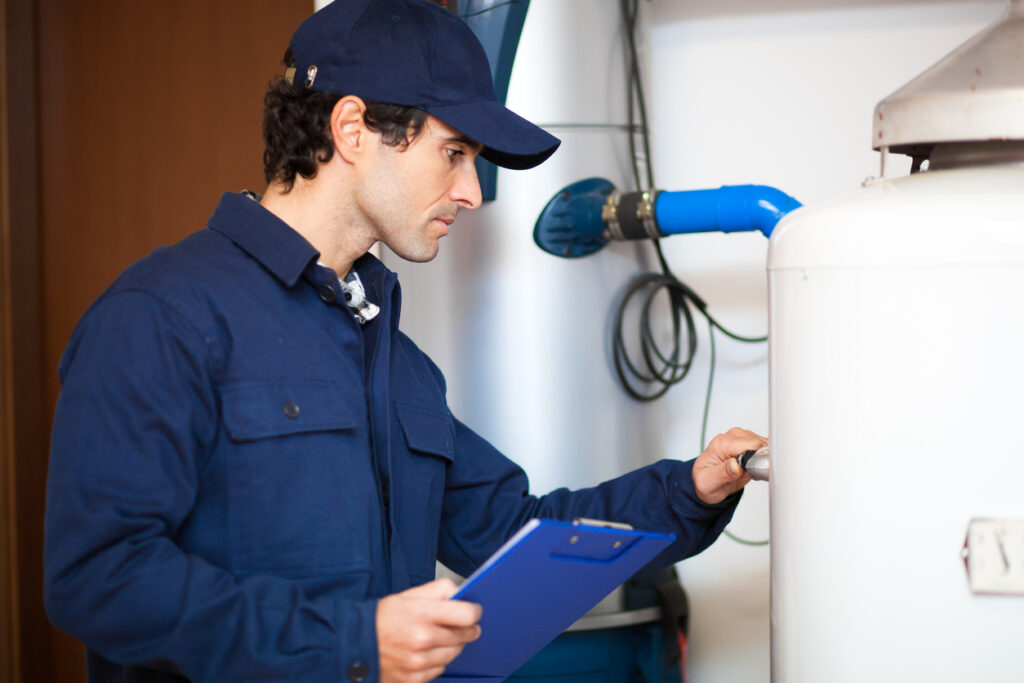Procuring a water heater can be daunting since there are a variety of choices on the market. While oil-powered appliances are in many households, the most common are gas and electric. If you are considering procuring a new water heating appliance, it is critical that you explore the advantages and disadvantages of electrical models to make the right choice that will meet your hot water needs.
Advantages of Electric Water Heaters
Electric water heaters offer several benefits. They are simpler to install because they do not require you to have a venting system or a gas line to function. This simplicity often leads to lower installation costs.
Furthermore, electric models are praised for their safety advantages. They do not burn fuel to generate heat, thus eliminating the risks associated with gas leaks that can lead to fires or explosions. This makes electric water heaters a safer option.
Another top benefit is their efficiency. Electric water heaters can be very efficient at converting energy to heat, and some models come with high energy efficiency certifications. This can lead to cost savings over the lifespan of the system, as they often use less energy compared to older or less efficient gas models.
Disadvantages of Electric Water Heaters
Despite their benefits, electric water heaters have some disadvantages. One of the main ones is their dependence on the electrical system. During power outages, homes with electric water heaters lose their supply of hot water, and this can be frustrating and inconvenient.
Electric water heaters typically have higher operational costs than gas models. This is because electricity tends to be more expensive than natural gas in many regions, which means that heating water with electricity can lead to higher monthly utility bills.
Another limitation is the recovery rate of electric water heaters, which is the time it takes to reheat water after the hot water has been depleted. Electric models heat water at a slower rate than gas heaters, and this can be a significant issue in households with high hot water demand.
Environmental Considerations
From an environmental perspective, the pros and cons of electric water heaters can vary based on how the electricity is generated. In areas where the electrical grid relies heavily on renewable sources, such as wind, solar, or hydroelectric power, using an electric water heater can reduce your carbon footprint. However, if the electricity comes from fossil fuels, the environmental benefits are less pronounced, and the overall impact might be like that of using a gas heater.
When choosing a water heater, consider your household’s hot water needs, your budget, and your local energy prices. If you still need help choosing the best water heaters for your home, call EcoWorks in Beaumont, TX right away, and we will thoroughly go over your options with you.



